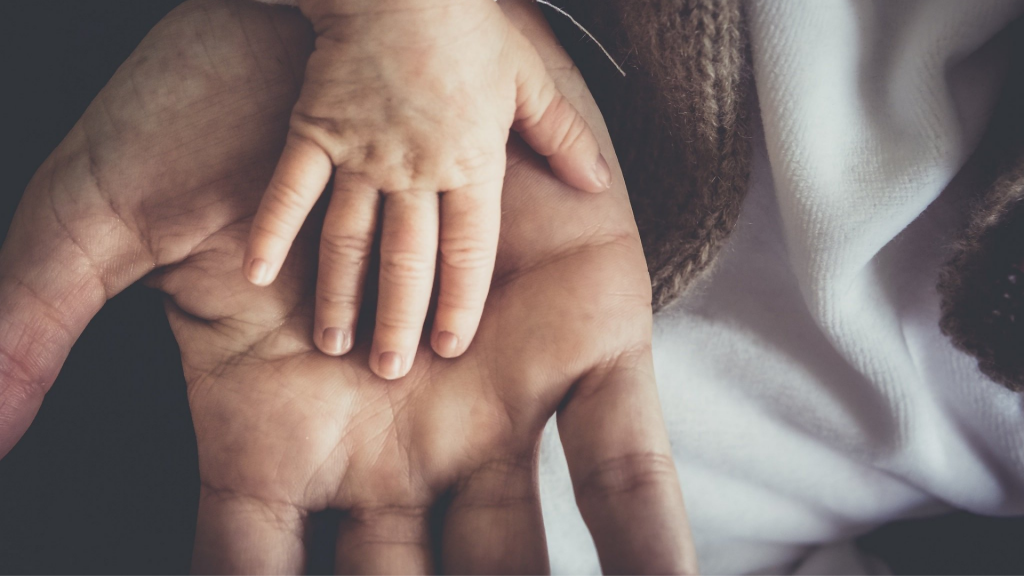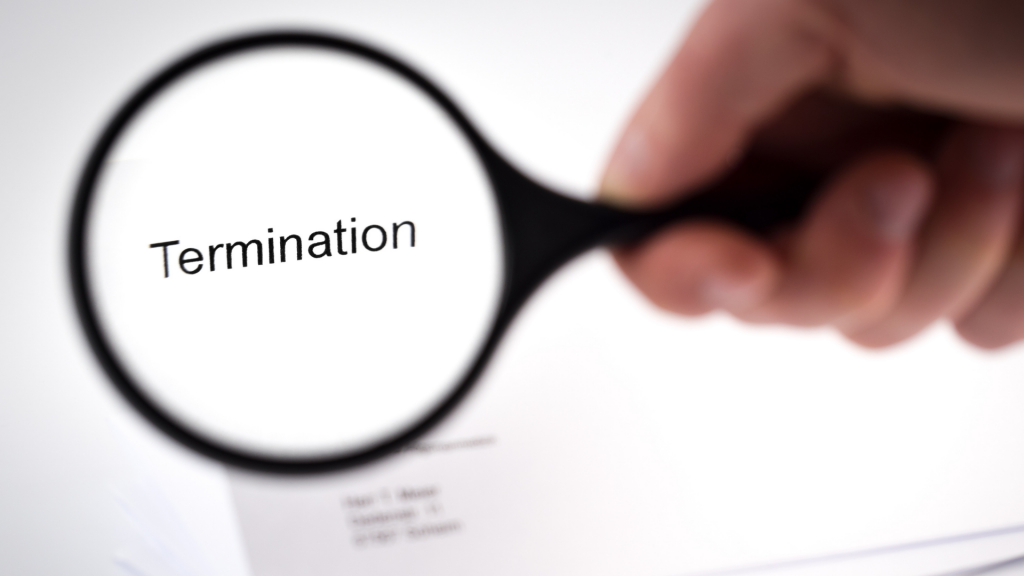Children’s Act 38 of 2005 is landmark legislation that achieves many purposes, foremost among them ensuring the best interests of the child are guarded and treated with paramount importance in any matter affecting the child.
Similarly, the Children’s Act may help resolve archaic and gender-powered relationships within the family and marriage spheres.
Parents sometimes face difficulties asserting and exercising their rights due to gender biases and preconceived gender norms, as when a father is denied access to their children.
When does a father have parental responsibilities and rights?

Married Fathers:
Under section 20 of the Children’s Act, if a biological father is married to the child’s mother, he will automatically have full parental rights and responsibilities. Furthermore, the father will be entitled to the same rights and responsibilities if he was or is:
- Married to the child’s mother at the time that the child was conceived;
- Married to the child’s mother at the time that the child was born; or
- Married to the child’s mother any time between the child’s conception and birth.
Unmarried Fathers:
If the father is unmarried at the time of the child’s birth, he acquires full parental rights and responsibilities, according to Section 21.
Whether he lives permanently in a life partnership with the child’s mother, or if they consent and successfully applies for such rights while contributing to the child’s upbringing and maintenance for a reasonable period of time.
Exercising Parental Rights and Responsibilities
The Children’s Act allocates the rights and responsibilities of both children and parents. There are three main types of parental rights and responsibilities:
- (1) care;
- (2) contact;
- (3) guardianship.
The father will have the same parental rights and responsibilities as the mother (for example, when sections 20 and 21 are in place, as explained previously), which means the same ability to make decisions about the child’s care, teaching and education.
As outlined below, this condition is however subject to parental rights not being restricted, suspended or terminated.
Responsibility to maintain child (applies to both married and unmarried fathers)
Ideally, fathers (and mothers) should understand that they are financially responsible for their children.
A father has financial responsibility for their children, even if he is not married to the child’s mother or does not have parental rights.
Despite not having contact with his child or after a divorce (e.g. a divorce will not relieve a father from his duty to maintain his child), a father is still required to pay childcare maintenance.
Parental consent
Section 30 provides that more than one person may exert parental rights and responsibilities (‘hold’ or ‘share’ parental rights and responsibilities).
As a rule, one holder of parental rights can exercise parental rights without the consent of another; exceptions include a parenting plan or court order requiring consent or decisions regarding a child’s marriage, adoption, leaving the country, passport applications, and legal changes or transactions affecting a child’s immovable property.
According to section 31, however, the holder of parental rights is required to consider the views and wishes of his or her co-parent if taking a decision that has the potential to significantly affect that co-parent’s rights.
Unfit Parents and Termination of Parental Rights

There is a possibility that a father can lose or restrict his parental rights, or that he can apply to have the rights of a co-parent restricted, suspended, or terminated.
An individual holding parental rights, a person with sufficient interest, or even a child, may file a petition to have the parental rights and responsibilities of a rights holder restricted, suspended, or terminated.
All relevant factors, such as the nature of the relationship between the child and the parent, will be considered by the court in determining whether to grant a child’s request.






